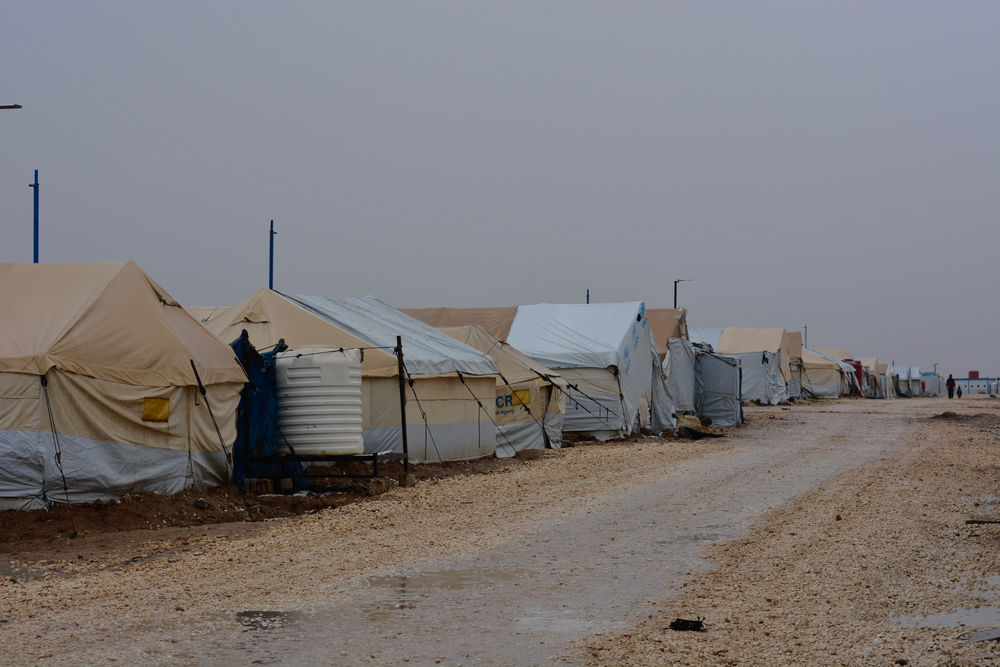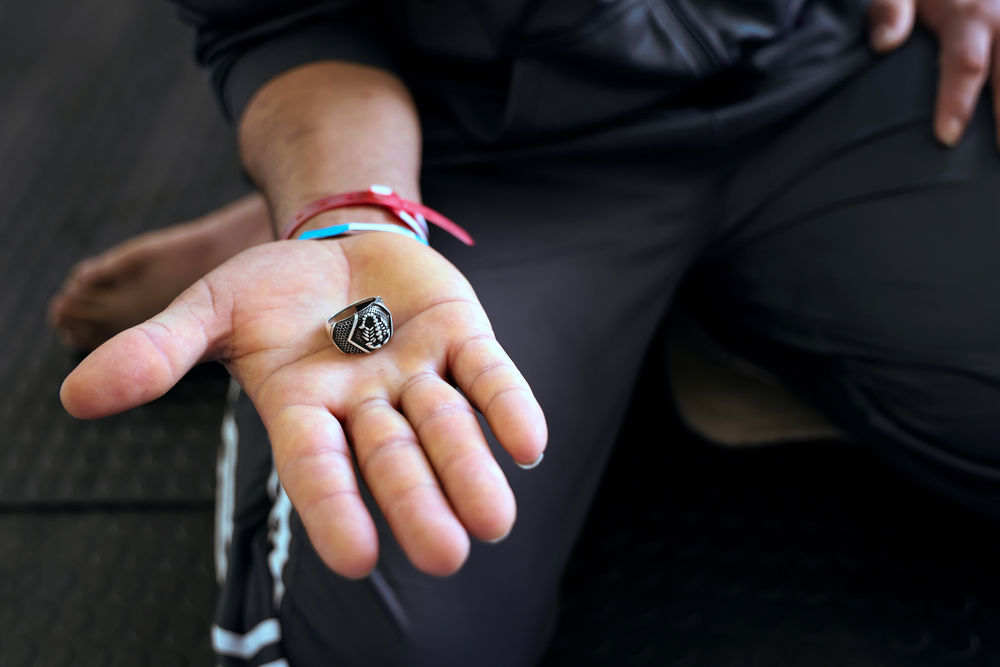In the face of a severe lack of funding, the vital World Health Organization (WHO)-funded medical referrals system from 11 camps in Northeast Syria, including Al Hol camp, have ceased, leaving Médecins Sans Frontières to sound the alarm that this will lead to a marked increase in the number of preventable deaths.
“WHO funding shortfalls mean that by the end of March, referrals for patients requiring specialist or complex care are no longer funded. This funding cut essentially eliminates the possibility for the population in Al-Hol camp, where MSF works, and from other camps in Northeast Syria, to access secondary and specialist healthcare. It leaves lives hanging in the balance, the majority of them children, left to languish, sometimes with treatable and preventable diseases, and other times in need of urgent specialist care like surgery,” says Allen Murphy, MSF Head of Mission.
As of January 2024, 93 percent of the people detained at Al Hol camp are women and children, with 62 percent under the age of 18 and 43 percent under the age of 12.
In 2023, MSF directed 1446 patients to external referrals. However, at least 22% of referrals were declined, either because the necessary services were unavailable, or due to security restrictions. Now, since the most recent round of service cuts, there are little to no options for even life-threatening cases to be referred to a hospital outside camps anymore.
Even before the complete cessation of WHO support for medical referrals, there were an estimated 1,000 patients categorised as ‘cold cases’ (non-emergency, although they may deteriorate into life-threatening emergencies without this treatment) in all 11 camps, including over 800 in Al-Hol alone. These patients need specialized health services only available outside of the camp. These conditions include endocrinology, neurology, ENT, general surgery, ophthalmology surgeries, reconstructive surgeries, gastroenterology and skin diseases.
Patients we’ve spoken with have painted a devastating portrait of the effect of the cuts:
“My daughter has been battling kidney failure since 2023. Despite monthly referrals to Hassakeh hospitals, I was unable to accompany her due to security restrictions. Recently, I received the devastating news that she can no longer be referred to Hassakeh hospitals for treatment, and in just 5 days, she will run out of medication. Witnessing her suffering is more agonising than the horror we endure in Al-Hol camp.
“For over five years, I have called Alhol camp my home... Two years ago, my son was diagnosed with a disease that shattered our world. His tiny body endured relentless nasal bleeding and unyielding bouts of vomiting... It has been two years now since his diagnosis, yet I persistently ask for his urgent treatment... Recently, my son’s suffering intensified as he began experiencing vision disturbances. Although it took over six months for him to be referred to Hassakeh for medical consultation, still no treatment was provided, and my son lost his sight. For the past two years, my son has been denied treatment. His bleeding persists and every day, he cries out in agony... “
”AlHol camp is a desolate canvas painted with violence, despair, and the cruel brushstrokes of existence. I have been grappling with cardiovascular disease for several years now, and this has exacerbated my suffering in the camp. Some medications require referrals to Hassakeh hospital for consultation and treatment on a regular basis. The path to healing is obscured by bureaucracy, funding cuts, and indifference. Two weeks ago, MSF team watches as I teeter on the precipice of mortality. Urgent referrals to Hasaka were denied, and the field hospital doors remained shut. I needed to be hospitalised to avoid fatal consequences, I was sent back, in a sea of despair. I now have been without medication for two weeks, my body aches for salvation. The knowledge that a stroke may claim me at any moment gnaws at my resolve. Medication, a lifeline, eludes me.”
Given the increasing humanitarian needs in Northeast Syria, it is crucial for donors, especially Member countries of the Global Coalition to fight ISIS, led by the US, to increase funding for healthcare services instead of reducing it. This is especially vital for external medical referrals. The capacities of local medical facilities serving as referral centres for Al-Hol camp, and other detention and IDP camps in northeast Syria, must be improved. Immediate funding is necessary to fill current gaps in this system.



